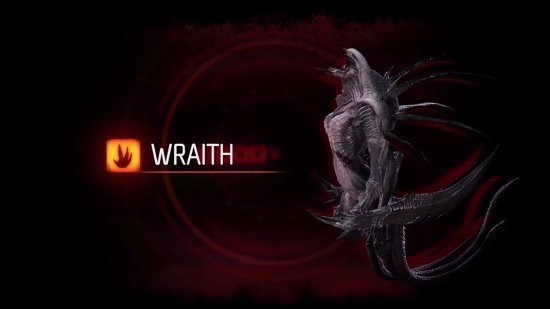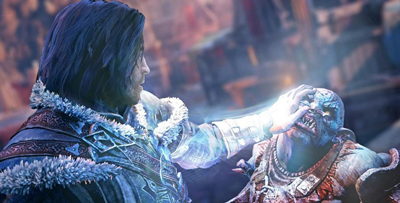


When you’re creating content hoping it’ll line your dinner table, it’s important to consider who you expect to be your target demographic. These are the people who will be dipping into their pockets for you, so best maximize the possibility of attracting them to your product. Self-described “gamers” have internalized this to a marvelous degree: the more you pander to your target audience, the better they will like it and the more rich you will become. Which is the entire point of living, supposedly?
Traditionally, most video games worth talking about were directed towards this “gamer” crowd, so they never really needed to worry about target demographics in any sense other than abstractly. Pretty much every game with a sufficiently large budget pined for this crowd, or to please this crowd while simultaneously pleasing fringe enthusiasts. After an age, triple-A came to mean a rough sort of game – the Hollywood blockbuster.
In essence, enormous amounts of money were poured in to pander to this singular target demographic, so the demographic boasted a cultural monopoly and grew conceited. You can see that recently when things even suggest teetering in another direction – those casuals are going to ruin my franchise! Those feminists are going to take away our games!

With that, the matter of target demographics returns as a cultural concern. It comes in two fashions: first, as a way to dismiss. Games without shooting or games with mainly female characters, such as Gone Home, are prefaced in reviews with a big Beware: this game is not for everyone. There are no explosions, you probably won’t like this. Traditional triple-A games are assumed by this distinction to be popcorn – anybody can enjoy Uncharted 3. If you didn’t enjoy it, your problem was you were thinking too hard.
The second is as a way to excuse. This week, when criticism was hedged against Grand Theft Auto V for perhaps being misogynistic, these critics were rebuffed by some as too outside of the target audience. It’s not for them – it was never for them – so they should leave it well enough alone. Let us still have our fun. Don’t ruin my toys.
It’s telling that simply describing GTAV’s message constitutes such scathing critique as to warrant it a target demographic, as opposed to the traditional default of mass appeal. With this retort we’re witnessing a new phenomenon: the slow realisation by “gamers” that they’re not the only ones out there.

It’s also telling of those who rebuke GTAV’s critics with “You’re not the target audience” that this is felt enough to absolve a game of criticism from those outside of the demographic, the implication being nobody but those within the target demographic have any place in the discussion. I can’t say it will lead to a healthy critical environment where only those who enjoy a thing (by definition of its target audience) are the sole people culturally justified in criticising it.
Which is a very interesting way to look at GTAV – as being predicated and inseparable from the misogynistic values it carries throughout, and as only being enjoyable on these terms. I can think of few causes in this day and age for a game to be casually sexist except out of habit. But the suggestion that a misogynistic game is OK if considered under the light of its target demographic is worrying. It unknowingly says that this crowd rejoices in the horrible values flaunted here, and that it is OK to have a horrible message so long as it is enjoyed by appropriately horrible people.
It’s an odd statement to be making given how the feminist boutique so often asserts that you can like something while admitting faults in its attitudes towards women. Only last week we were moaning how our patience was yea thin with Kojima and Metal Gear Solid, that though we love it there’s a lot not to like. Similarly, you can enjoy GTAV without enjoying all of it. You can shun its misogyny. You can even use the bits you don’t like as grit for critique.
On the other hand, what if it’s true that there’s this enormous target demographic lapping up misogyny – a group looming over this culture such that can finance the biggest game of the year even before its release? Keep your bloody game -that’s definitely something worth talking about.




 Should You Get a PS Vita with a PS4?
Should You Get a PS Vita with a PS4? Mad Max: unlock new cars, Death Run, vehicle locations
Mad Max: unlock new cars, Death Run, vehicle locations Fallout 4 Starter Kit: Basic and Advanced Guides
Fallout 4 Starter Kit: Basic and Advanced Guides Get The Zaniest Endless Running Experience With Robot Unicorn Attack 2
Get The Zaniest Endless Running Experience With Robot Unicorn Attack 2 MLB 15: The Show Wiki – Everything you need to know about the game .
MLB 15: The Show Wiki – Everything you need to know about the game .